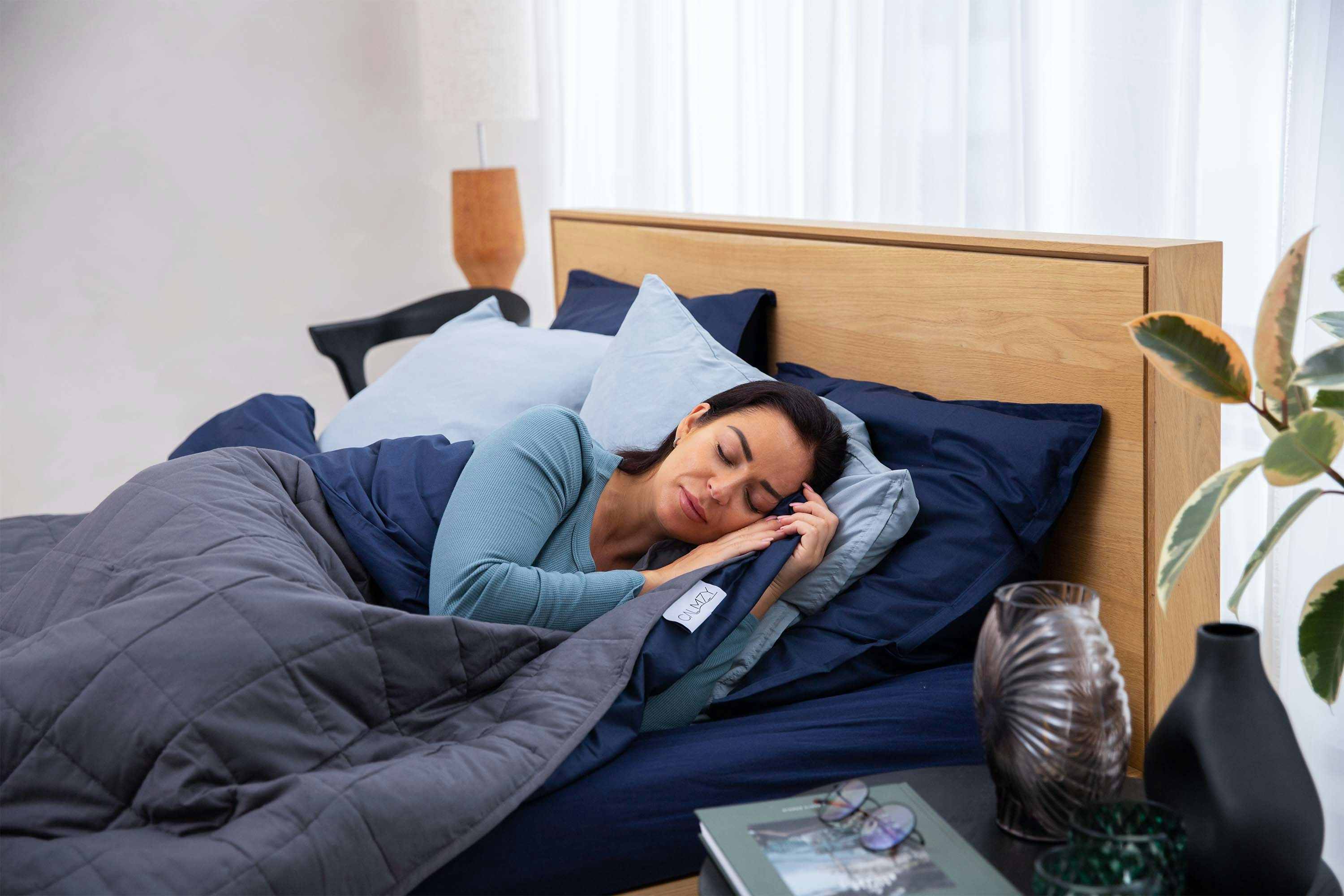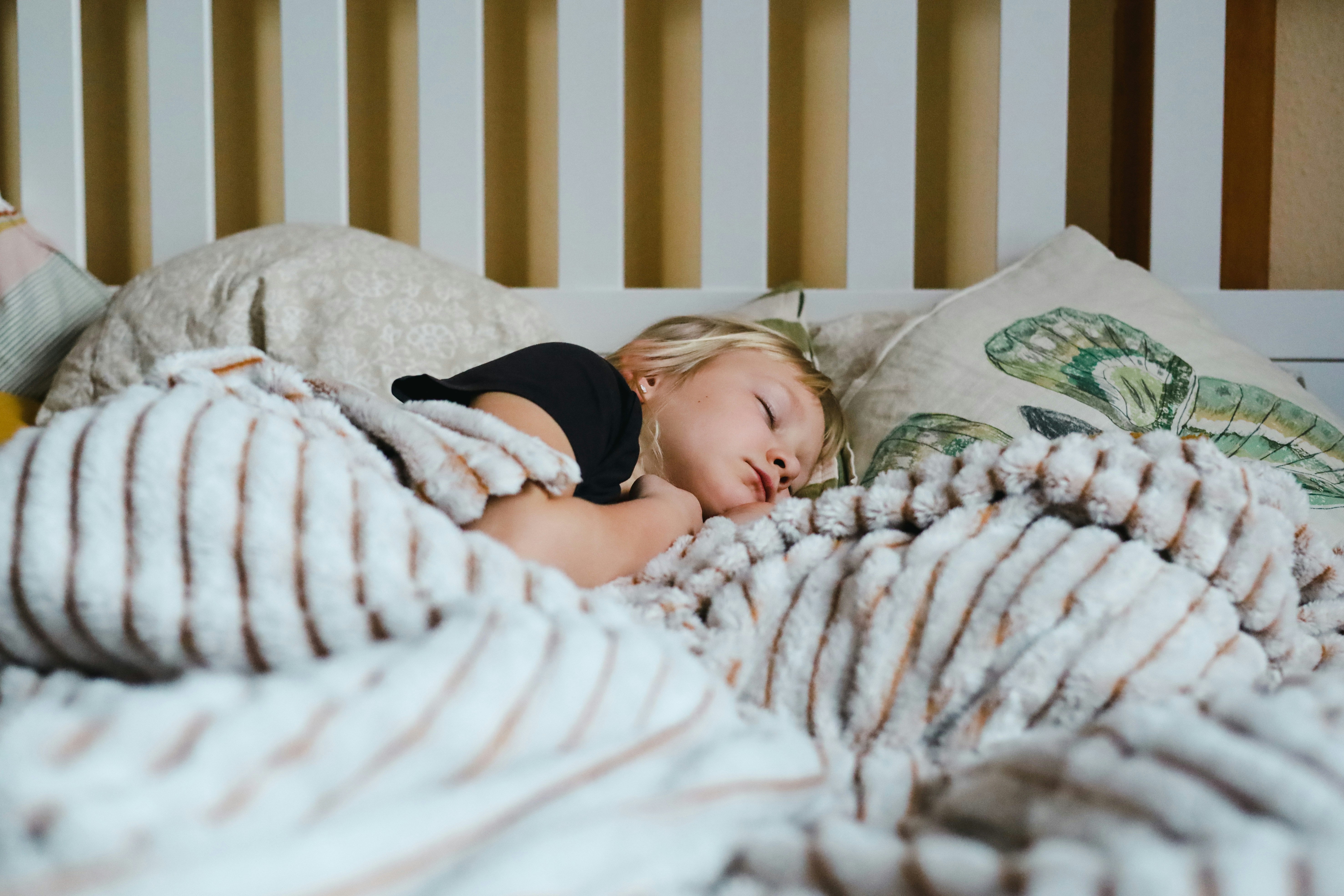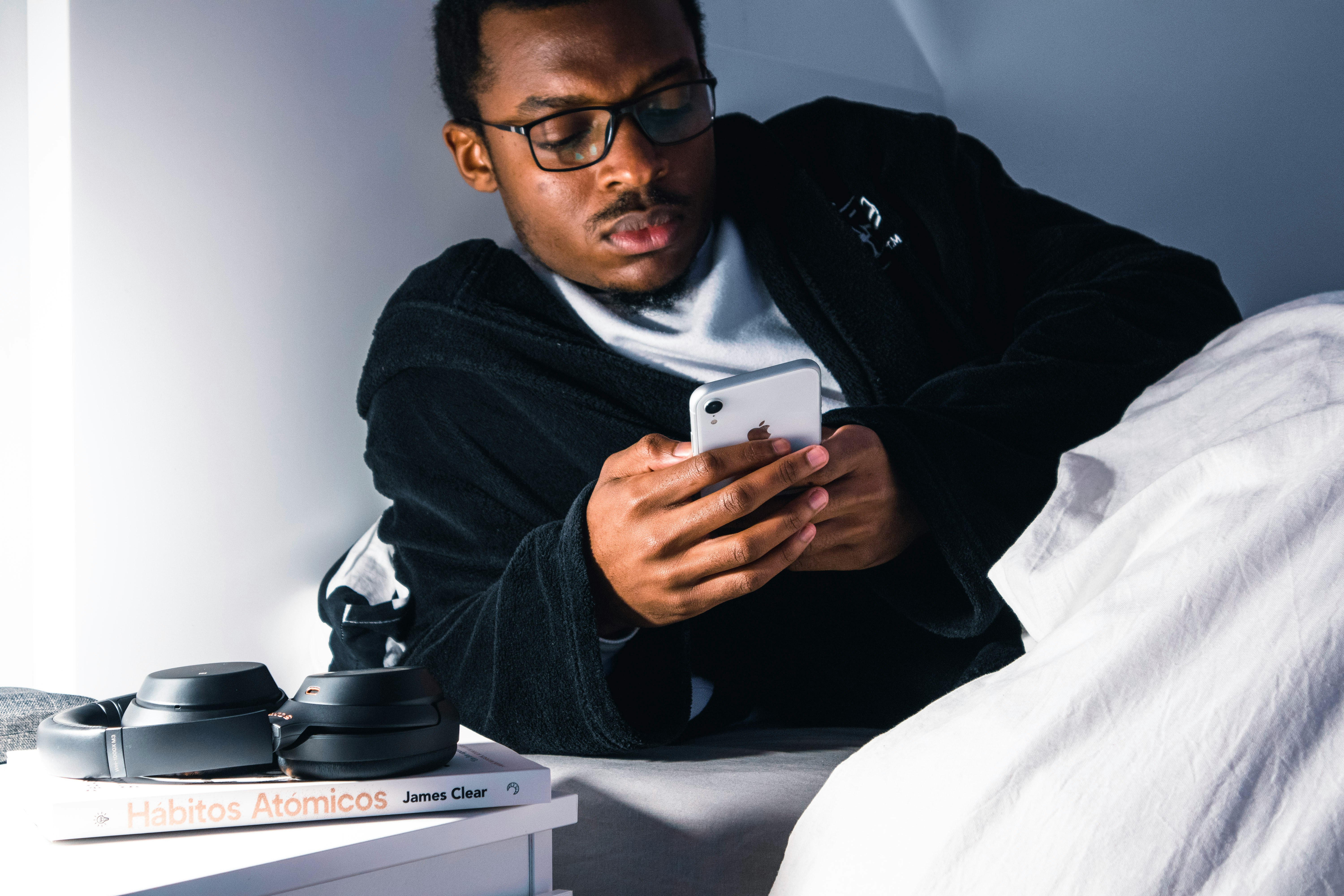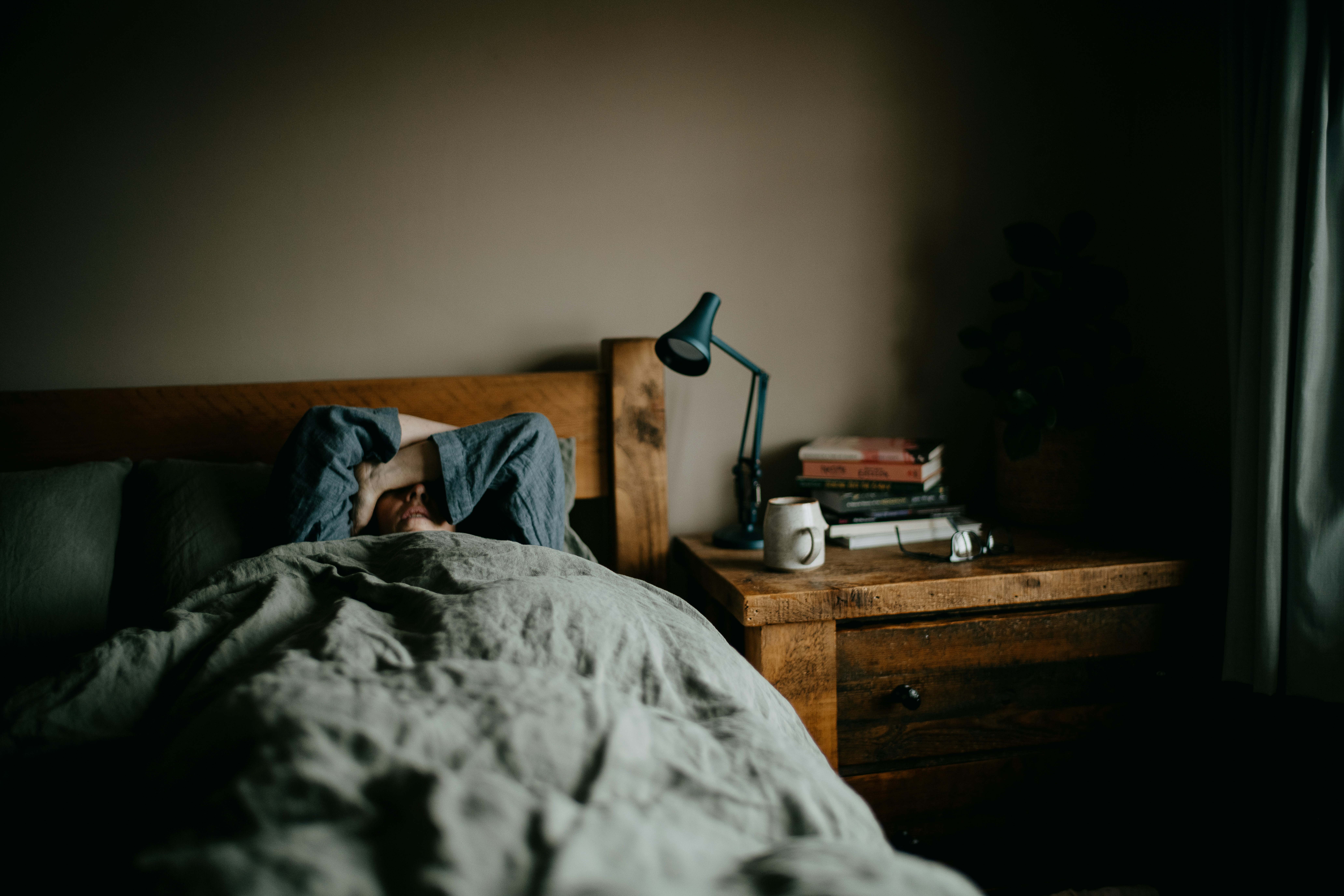How Sleep Impacts Your Skin: The Beauty of Rest 🛌💆♀️

Introduction
We all know that sleep is crucial for recharging our bodies and minds, but what about our skin? That’s right—sleep is not just for restoring energy; it also plays a huge role in maintaining healthy, glowing skin. If you’re looking to achieve that "just-got-a-facial" glow without the expensive spa visits, it might be time to prioritize your ZZZs.
In this post, we’ll dive into how sleep affects your skin, why poor sleep can cause breakouts and wrinkles, and how getting enough quality sleep might be your best (and easiest) beauty secret. Spoiler alert: the beauty sleep we’ve all heard about is real—and it’s not just a myth!
1. Sleep and Skin Repair: The Night-Time Beauty Transformation
While you’re sleeping, your body is hard at work repairing itself—especially your skin. Think of sleep as your skin’s time to heal, regenerate, and restore the damage caused by daily stressors like pollution, UV exposure, and even your skincare routine.
🛏️ How Sleep Stimulates Skin Repair
During deep sleep, your body increases the production of growth hormones, which help repair and regenerate tissue, including your skin. This means that while you’re in dreamland, your skin is getting a much-needed makeover, repairing any damage from the day and replacing old skin cells with fresh, new ones.
The science : Research has shown that sleep promotes the production of collagen, the protein that keeps your skin firm and elastic. Collagen production slows down as we age, but getting enough sleep can help slow this process and keep your skin looking youthful.
🧴 Skin’s Natural Rejuvenation Cycle
The skin’s natural rejuvenation cycle also kicks into high gear during sleep. As you rest, your body’s blood flow increases, allowing nutrients to reach the skin cells more effectively. This enhances the repair process, helping your skin stay healthy, hydrated, and radiant.
The science : A study in The Journal of Investigative Dermatology found that good quality sleep can enhance skin barrier function, helping your skin lock in moisture and stay hydrated. So, forget the expensive serums—sleep might just be the best beauty treatment out there!
2. Sleep Deprivation and Skin Trouble: The Dark Side of Poor Rest
Unfortunately, the opposite is also true—when you skimp on sleep, your skin pays the price. A lack of sleep can lead to a number of skin issues, from dullness and dryness to acne and even premature aging. So, while you might feel like you’re powering through your day with minimal sleep, your skin will definitely let you know it’s not happy.
🧑⚕️ How Sleep Deprivation Causes Skin Problems
When you don’t get enough rest, your body produces higher levels of the stress hormone cortisol, which can cause inflammation and disrupt your skin’s balance. This can lead to various skin problems, including:
- Dryness : Sleep deprivation can reduce the skin’s ability to retain moisture, leaving you with dull, dry skin.
- Acne : Cortisol can trigger oil production, leading to clogged pores and breakouts.
- Puffiness : Lack of sleep can cause fluid retention, resulting in those annoying under-eye bags and puffiness.
The science : A study from the University of California found that people who were sleep-deprived showed a decrease in skin hydration and an increase in the appearance of wrinkles. So, if you’re noticing more fine lines or that your skin feels drier than usual, your lack of sleep could be to blame.
👀 Sleep and Dark Circles: The Never-Ending Battle
Dark circles and puffiness under the eyes are classic signs of sleep deprivation. When you don’t sleep enough, your blood vessels dilate, causing dark blood to pool beneath the skin, leading to those telltale dark circles.
The science : Research has shown that a lack of sleep can increase the visibility of dark circles and under-eye bags. So, if you’re trying to hide those circles with layers of concealer, just remember—more sleep might be the real solution.
3. Sleep and Premature Aging: The Wrinkle Connection
As much as we’d all love to find the ultimate anti-aging serum, the truth is that sleep might be one of the most powerful tools in the fight against wrinkles and sagging skin. Poor sleep can accelerate the aging process, leaving you with fine lines, wrinkles, and a loss of skin elasticity.
🧴 The Link Between Sleep and Collagen Production
Collagen is the protein that keeps your skin firm and youthful. When you’re well-rested, your body produces more collagen, helping your skin stay plump and smooth. But when you’re not getting enough sleep, collagen production decreases, and your skin starts to show the signs of aging more quickly.
The science : A study published in The American Journal of Clinical Nutrition found that people who were sleep-deprived had more visible signs of aging, including wrinkles and loss of skin elasticity, compared to those who got a full night of rest. So, if you’re trying to hold onto your youthful glow, sleep might just be your best anti-aging tool.
4. Tips for Better Sleep (and Better Skin!)
Now that you know how sleep affects your skin, let’s talk about how to maximize your beauty sleep and wake up with glowing, refreshed skin.
🕒 Stick to a Consistent Sleep Schedule
Your skin loves routine. Going to bed and waking up at the same time every day helps regulate your body’s internal clock, ensuring that your skin gets the most restorative sleep possible. Try to aim for 7-9 hours of quality sleep each night.
💧 Hydrate Before Bed
Hydration is key for healthy skin, so be sure to drink plenty of water throughout the day. Before bed, apply a hydrating moisturizer to lock in moisture while you sleep. This will help keep your skin soft, smooth, and glowing.
🧴 Use Skin-Friendly Products at Night
Since your skin is in repair mode while you sleep, it’s the perfect time to apply nourishing skincare products. Look for products that contain ingredients like hyaluronic acid, peptides, and antioxidants to support your skin’s natural healing process.
🚫 Avoid Stress Before Bed
Stress is one of the biggest enemies of good sleep and good skin. Try practicing relaxation techniques like deep breathing, meditation, or a warm bath to calm your mind and body before bed. Your skin will thank you!
🛏️ Sleep on Your Back
If you want to avoid wrinkles, try sleeping on your back instead of your side or stomach. This reduces the pressure on your face and minimizes the risk of sleep lines and creases. Plus, it’s better for your spine!
5. Conclusion: Sleep Your Way to Beautiful Skin
It turns out that beauty sleep isn’t just an old wives’ tale—it’s a real thing! Sleep is essential for skin repair, collagen production, and overall skin health. If you’re not getting enough sleep, your skin will show it in the form of dryness, acne, dark circles, and premature aging.
So, if you want glowing, youthful skin, prioritize your sleep. It’s the most natural (and most affordable) beauty treatment out there. Plus, who wouldn’t want to spend more time in bed?
“Sleep is the best meditation.” — Dalai Lama




